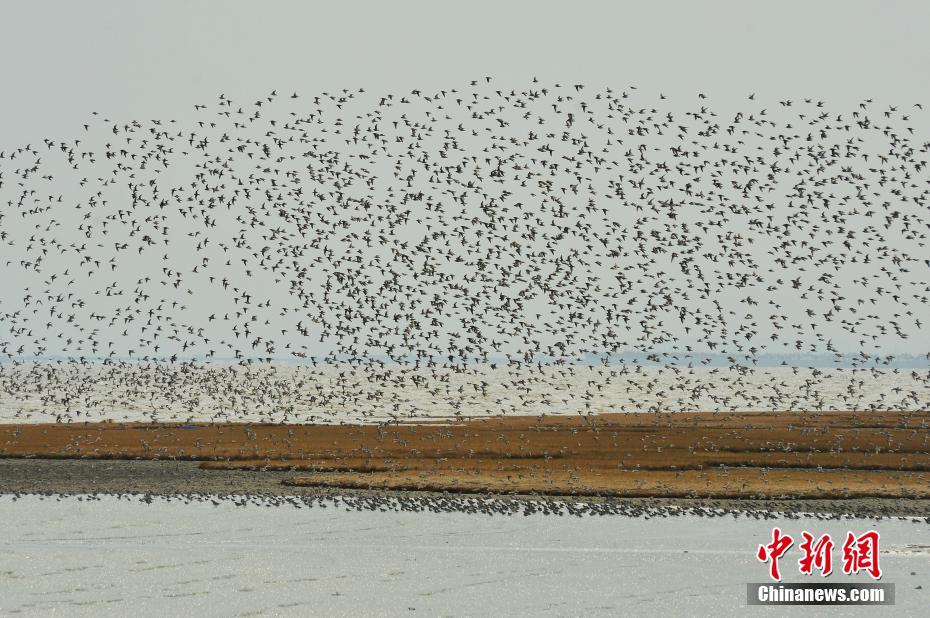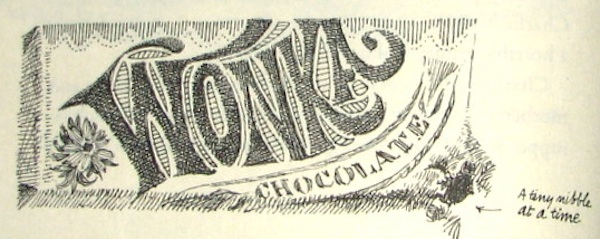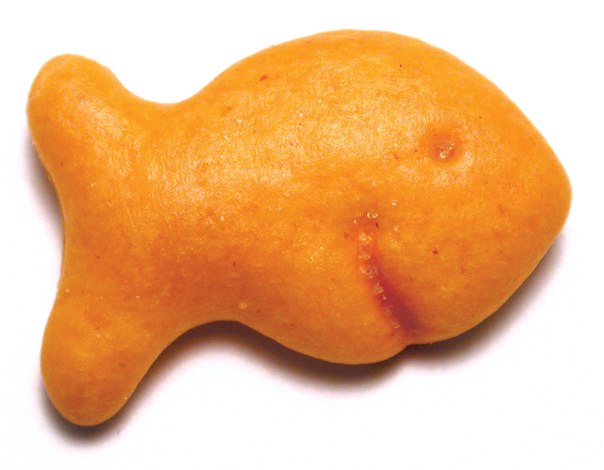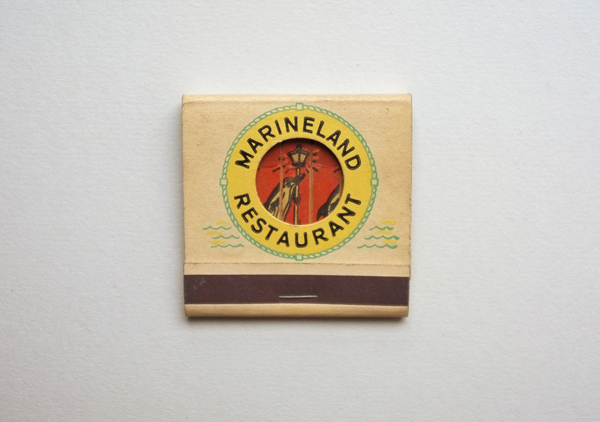Britain's political separation from the European Union officially began last week. But the island's original split from mainland Europe actually happened hundreds of thousands of years ago.
Researchers have photos "erotice female relieving observance"a new theory for how this prehistoric "Brexit" likely went down: first with an overflowing glacial lake, and later with a catastrophic flood.
If it wasn't for this set of geological circumstances, Britain may have remained connected to mainland Europe, jutting out into the North Sea like Denmark does today, according to a study published Wednesday in Nature Communications.
SEE ALSO: Theresa May signing Brexit letter is the meme you've been waiting for"Without this dramatic breaching, Britain would still be a part of Europe," Sanjeev Gupta, a co-author of the study and Earth sciences professor at Imperial College London, said in a news release.
"This is Brexit 1.0 -- the Brexit nobody voted for," he said.
 Original image has been replaced. Credit: Mashable
Original image has been replaced. Credit: Mashable Gupta and his colleagues used high-resolution seafloor data and 3-D modeling to explore how the land bridge once linking Britain and Europe likely collapsed.
Previous research suggested that a glacial lake spilled over and formed the Dover Strait, which is now the narrowest part of the English Channel. But this new study suggests the split happened in two distinct stages.
The first separation event likely occurred some 450,000 years ago, when Britain and continental Europe were still connected via a chalk ridge that stretched from southeast England to northwest France. At that time, vast swaths of ice blanketed the North Sea from Britain to Scandinavia, and the entire English Channel was an expansive, frozen tundra, criss-crossed by small rivers.
 Original image has been replaced. Credit: Mashable
Original image has been replaced. Credit: Mashable At some point, a glacial lake likely spilled over and caused the initial erosion. Waterfalls cut through the land bridge and caused a rock dam to fall, releasing a fire-hose of lake water into the English Channel, the scientists found in their analysis.
"It would have been a cold world, dotted with waterfalls plunging over the iconic white chalk escarpment that we see today in the White Cliffs of Dover," Jenny Collier, a study co-author from Imperial College London, said in the press release.
Hundreds of thousands of years after that initial event -- probably around 160,000 years ago -- the chalk ridge likely experienced a "catastrophic failure," triggering a mega-flood that completed the split between Britain and mainland Europe, the scientists found, based largely on coastal sediment records.
 Original image has been replaced. Credit: Mashable
Original image has been replaced. Credit: Mashable Collier said it's still not clear why the glacial lake initially spilled over, or why the chalk bridge was finally breached, though the latter might be due to an earthquake. The team also hasn't yet developed an exact timeline for these events.
Still, Gupta said the geological split between present-day Dover, England, and Calais, France, was "undeniably one of the most important events in British history."
"When the ice age ended and sea levels rose, flooding the valley floor for good, Britain lost its physical connection to the mainland," he said, noting that the split has helped "to shape our island nation's identity even today."
In other words, without the first, geological Brexit, the current one may never have happened.
(Editor: {typename type="name"/})
 Golden State Warriors vs. Los Angeles Lakers 2025 livestream: Watch NBA online
Golden State Warriors vs. Los Angeles Lakers 2025 livestream: Watch NBA online
 The Real Hunger Games, and Other News by Sadie Stein
The Real Hunger Games, and Other News by Sadie Stein
 Finch Printing, and Other News by Sadie Stein
Finch Printing, and Other News by Sadie Stein
 In the Club by Sadie Stein
In the Club by Sadie Stein
 NYT Connections hints and answers for February 1: Tips to solve 'Connections' #601.
NYT Connections hints and answers for February 1: Tips to solve 'Connections' #601.
Instant Pot Duo Plus deal: $69.99 at Amazon
 SAVE $60: As of Jan. 24, grab an Instant Pot Duo Plus for just $69.99, down from $129.99, at Amazon.
...[Details]
SAVE $60: As of Jan. 24, grab an Instant Pot Duo Plus for just $69.99, down from $129.99, at Amazon.
...[Details]
The Real Hunger Games, and Other News by Sadie Stein
 The RealHunger Games, and Other NewsBy Sadie SteinSeptember 16, 2013On the ShelfPresented without co
...[Details]
The RealHunger Games, and Other NewsBy Sadie SteinSeptember 16, 2013On the ShelfPresented without co
...[Details]
Fifth Business by Brian Cullman
 Fifth BusinessBy Brian CullmanSeptember 11, 2013In MemoriamTom Forcade, Mayer Vishner, Abbie Hoffman
...[Details]
Fifth BusinessBy Brian CullmanSeptember 11, 2013In MemoriamTom Forcade, Mayer Vishner, Abbie Hoffman
...[Details]
 On ChocolateBy Sadie SteinSeptember 13, 2013Quote Unquote“For the record, I am not overly fond of ch
...[Details]
On ChocolateBy Sadie SteinSeptember 13, 2013Quote Unquote“For the record, I am not overly fond of ch
...[Details]
Best baby care deal: Spend $100 on diapers at Target, get a $30 gift card
 SPEND $100, GET $30:As of April 8, Target will give you a free $30 gift card when you spend $100 on
...[Details]
SPEND $100, GET $30:As of April 8, Target will give you a free $30 gift card when you spend $100 on
...[Details]
Nowhere to Go But Everywhere by Sadie Stein
 Nowhere to Go But EverywhereBy Sadie SteinAugust 26, 2013LookPaul Rogers has made “an illustrated sc
...[Details]
Nowhere to Go But EverywhereBy Sadie SteinAugust 26, 2013LookPaul Rogers has made “an illustrated sc
...[Details]
 The SnackBy Molly HannonSeptember 2, 2013On FoodI first considered the meaning of the word snackin f
...[Details]
The SnackBy Molly HannonSeptember 2, 2013On FoodI first considered the meaning of the word snackin f
...[Details]
A Life in Matches by Justin Alvarez
 A Life in MatchesBy Justin AlvarezSeptember 19, 2013On DesignA Life in Matches: Marineland Restauran
...[Details]
A Life in MatchesBy Justin AlvarezSeptember 19, 2013On DesignA Life in Matches: Marineland Restauran
...[Details]
Video Games Are Better The Second Time You Play Them
 Good ThingsBy Sadie SteinSeptember 9, 2013Quote UnquoteLeo Tolstoyby Leonid Pasternak.“The best stor
...[Details]
Good ThingsBy Sadie SteinSeptember 9, 2013Quote UnquoteLeo Tolstoyby Leonid Pasternak.“The best stor
...[Details]
The rise of YouTube: 20 years of creators, culture, and content at VidCon

Substituting Russian Literature for Sex Ed, and Other News by Justin Alvarez

接受PR>=1、BR>=1,流量相当,内容相关类链接。